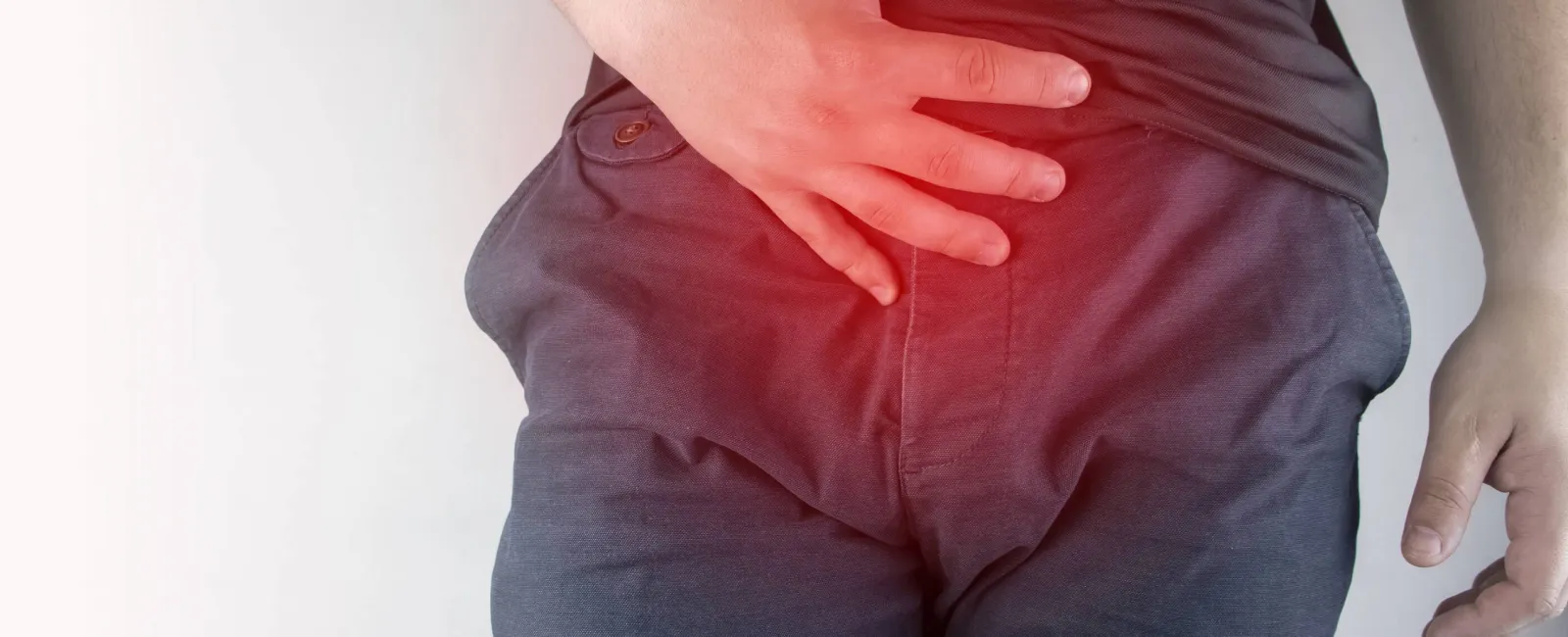We take certain preventative measures to keep specific organs healthy as we age. For example, it’s advisable for people to not smoke to ensure that their lungs stay healthy. When staying in or going out for a drink, we drink responsibly to protect our liver from becoming diseased. Diets around the world are based around food pyramids to keep our collective hearts and digestive systems in working condition.
But what are some of the best practices to keep your bladder healthy?
1. Exercise regularly.
Physical activity is the most proactive way to keep your body healthy from top to bottom. Daily exercises that get your blood flowing will not only assist with constipation and maintaining an optimal weight, but help bladder function, too. Being overweight can increase the odds that a person suffers from bladder incontinence. Likewise, constipation in the digestive tract can put pressure on the bladder and prevent it from expanding properly which will result in your bladder filling faster or involuntary contractions.
2. Drink plenty of water.
Knowing that roughly 60% of the human body is water, it’s already important that you drink more than enough. The recommended amount of water that individuals should consume daily is eight 8-ounce cups. Another good marker is to drink enough water to urinate at least once every three to four hours. Having the optimal fluid intake will concurrently keep your organs hydrated and strengthen bladder muscles after use.
3. Urinate properly.
Aim for bladder and full-body comfort. Holding your urine for long periods can lead to weakened bladder muscles and make an infection more likely to happen. And just as your bladder can feel uncomfortable from being too full, your body should be relaxed as well. Relaxing the muscles around the bladder will allow it to empty more easily. Lastly, allow proper time to empty your bladder. Rushing can cause some urine to not be expelled and unfortunately result in an infection.
4. Eat foods good for bladder health.
Some foods are amazing for your bladder, while others are bladder irritants. Some common irritants include alcohol, caffeine, fruits, lactose, and spicy foods. Eliminating these could reduce or remove urinary problems such as frequency and incontinence. “F” include foods high in fiber, low in acid, high in antioxidants, and high in water content. A diet full of berries, cruciferous vegetables and lean protein will provide the right nutrients for urinary tract health.
5. Practice good hygiene.
Good hygiene works as the greatest preventative measure to prevent a urinary tract infection (UTI). Wearing loose-fitting undergarments will allow fabric to breathe, avoiding trapped moisture and the buildup of bacteria. Some other preventative measures include proper wiping after using the restroom and urinating after sex. Both aforementioned activities can lead to a buildup of bacteria in or near the urethra if not followed, but proper hygiene will dramatically reduce the odds of this occurring.
6. Do pelvic floor exercises.
Pelvic floor exercises, or Kegels, help your bladder to hold in urine. Doing two or three sets of ten Kegels will strengthen these muscles and prevent any leakage during common everyday activities. Kegels can be performed by repeatedly flexing and relaxing your urine-holding muscles. Committing to this daily should aid a distended bladder, meaning one that doesn’t empty as well as it should.
7. Check medication symptoms.
Medications that operate as a depressant can cause incontinence as the bladder is involuntarily relaxed. Any medication that affects someone’s central nervous system can cause this, specifically medications that may help individuals sleep or dull their nerves. Individuals may even be so relaxed under depressant medications that they won’t experience the urge to urinate.
8. Treat chronic conditions.
A short and serious list of chronic conditions can cause bladder problems. Diabetes, vascular diseases, UTIs, interstitial cystitis, overactive bladder, urinary incontinence, and bladder cancer are the main few. Unfortunately, they affect the urinary tract in different ways. Diabetes, for example, will damage nerves around your bladder, while a UTI is an episode of bacteria invading your bladder and weakening the urethra muscles.
9. Quit smoking.
Problems with this area of your body are more common in people that smoke. Giving up this habit will also lessen your chances of developing bladder cancer.
10. Communicate with your doctor.
Lastly, communicating with your doctor should be a regular part of your life. Although you live in your body, they function as the architect during times of turmoil. Any problem should be run by health professionals as they come up with the best cures and solutions.
Although it isn’t your brain, heart, lungs, or liver, your bladder is one of the most essential organs powering you through your day-to-day life. Use these tips to ensure urinary tract health. To improve your bladder health, schedule an appointment with the Advanced Urology team today.

